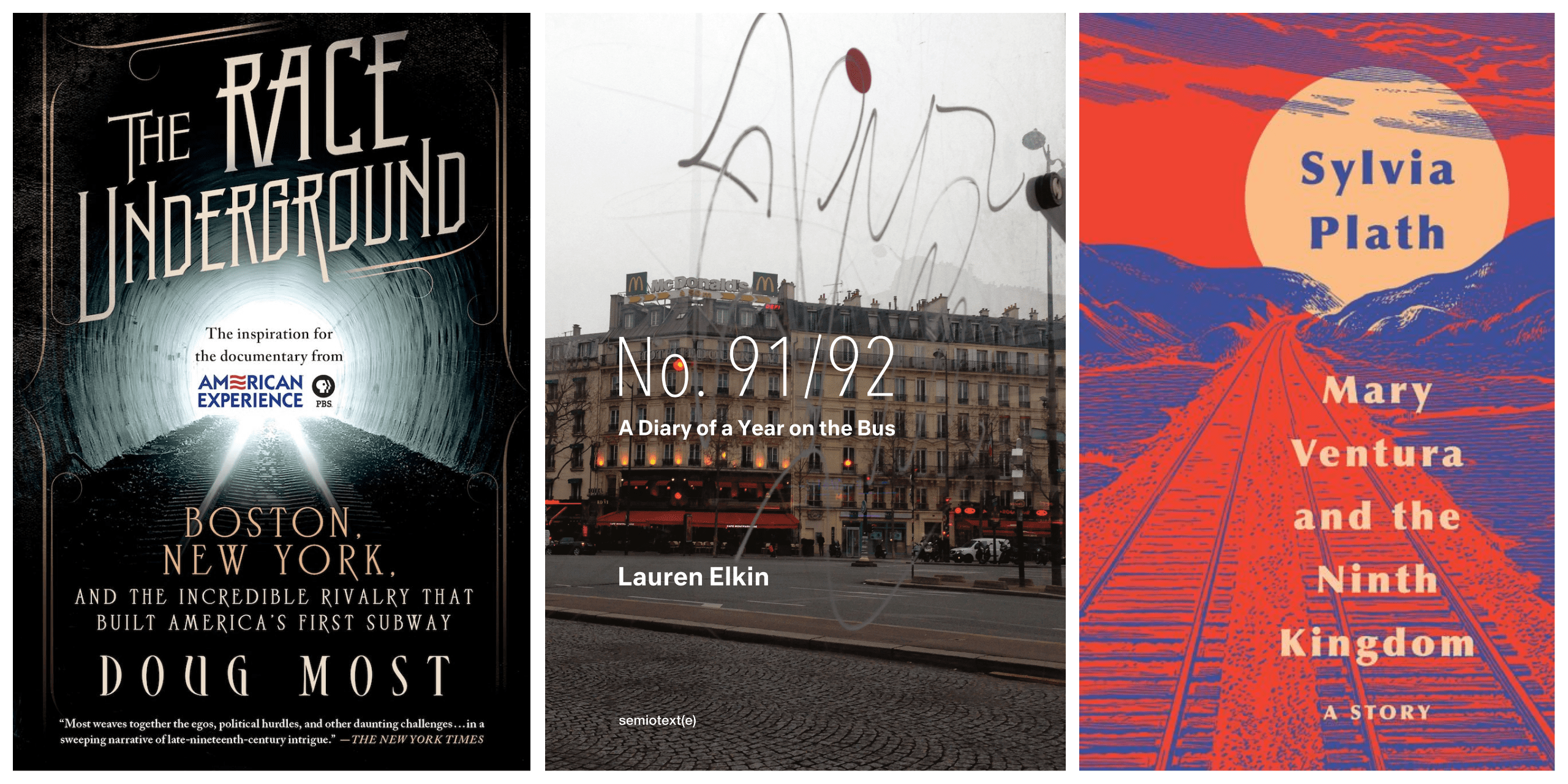Advertisement
The WBUR Read-In: The trouble with transit

Public transportation is the heartbeat of cities. All across the world, millions of people rely on the consistency (give or take a few minutes, depending on the time of day) of public transit to get to and from work, to grocery stores, and to the homes of our loved ones. Trains and buses are a means of transportation, but they’re also a great equalizer. Similar to a public school, the pew-like seats of a subway are one of the few places where all walks of life come together. They keep our urban centers going. When public transportation ceases to function properly, so do cities.
In Boston, dysfunction on the MBTA has caused “agonizing delays, personal traumas, injuries and even deaths,” reported WBUR’s Jack Mitchell and Amy Gorel. Starting this Friday, Aug. 19, at 9 p.m., the Orange Line will shut down for a month, overlapping with an upcoming shutdown of the northern stretch of the Green Line for repairs. This is a precarious situation for people all across greater Boston. “One map forecasting roadways that will experience worsened congestion overlays an angry-looking red cloud over most of the metropolitan area,” wrote Mitchell and Gorel.
The most recent U.S. census data stated, “Public transportation disproportionately served women, young people, Black or African American people, and where transit was less prominent, the lowest-earning workers.” These figures make it impossible to ignore the ramifications that the decades-long decline and scheduled shutdown of the MBTA could have on people’s daily lives. I’ve relied on public transportation on a nearly daily basis for the past five years. Without it, I wouldn’t have been able to get to school, work, or see my friends in a timely or affordable manner. It’s how we get around in the urban world, and it's so much more. This week, I’m recommending a few reads that highlight both the importance of public transportation and the magic of it.
'The Race Underground'
By Doug Most
This historical retelling of a rivalry between New York and Boston reads like a drama. It’s a story about the industrial age and the creation of the country’s first subway systems. Most follows Henry and William Whitney, wealthy brothers from Conway, Massachusetts that became the leading men of the race to safer, faster transportation. “The Race Underground” is filled with rich descriptions of the gilded age — the excess and lack — and tracks the public’s initial fear of getting around by subway to their reliance and awe.
'No. 91/92: A Diary of a Year on the Bus'
By Lauren Elkin
Lauren Elkin’s most recent book, “No. 91/92,” is a kaleidoscopic collection of observations from her daily commute to work on Parisian buses. Slowly, her reflections become weightier, sticker, as Events (which Elkin writes with a capital E) begin to happen in her personal life and the world around her. “When this man gets off the bus, I notice his head is completely bald under his blue woolen beanie… I don’t know how I know he’s been sick, it’s just something I feel I know,” she says. Elkin’s book is a treat, revealing itself as an anthropological study told through brief daily encounters. I read it in one sitting, not noticing the tears pricking at my eyes until I turned the last page.
'Mary Ventura and the Ninth Kingdom'
By Sylvia Plath
Written in 1952, “Mary Ventura and the Ninth Kingdom” sat in Sylvia Plath's archives for over 60 years. It’s a short story of only 50 pages that the now iconic poet initially submitted to the magazine Mademoiselle. It was rejected. However, since being rediscovered and published in 2019, it has turned into a collectible for fans and new readers alike. The story begins at a train station where Mary, the protagonist, has been brought by her parents. The start of her journey disorienting and becomes grave as the train hurtles toward a destination unknown to Mary. This short story is an allegory for the author’s inner struggles, foreshadowing the monumental works we know Plath for today.
Additional Reading:
- This detailed timeline of safety incidents on the MBTA by WBUR
- A deep dive into the differences between public transit in the U.S. and Europe
- A look at the future of public transportation by the New York Times
